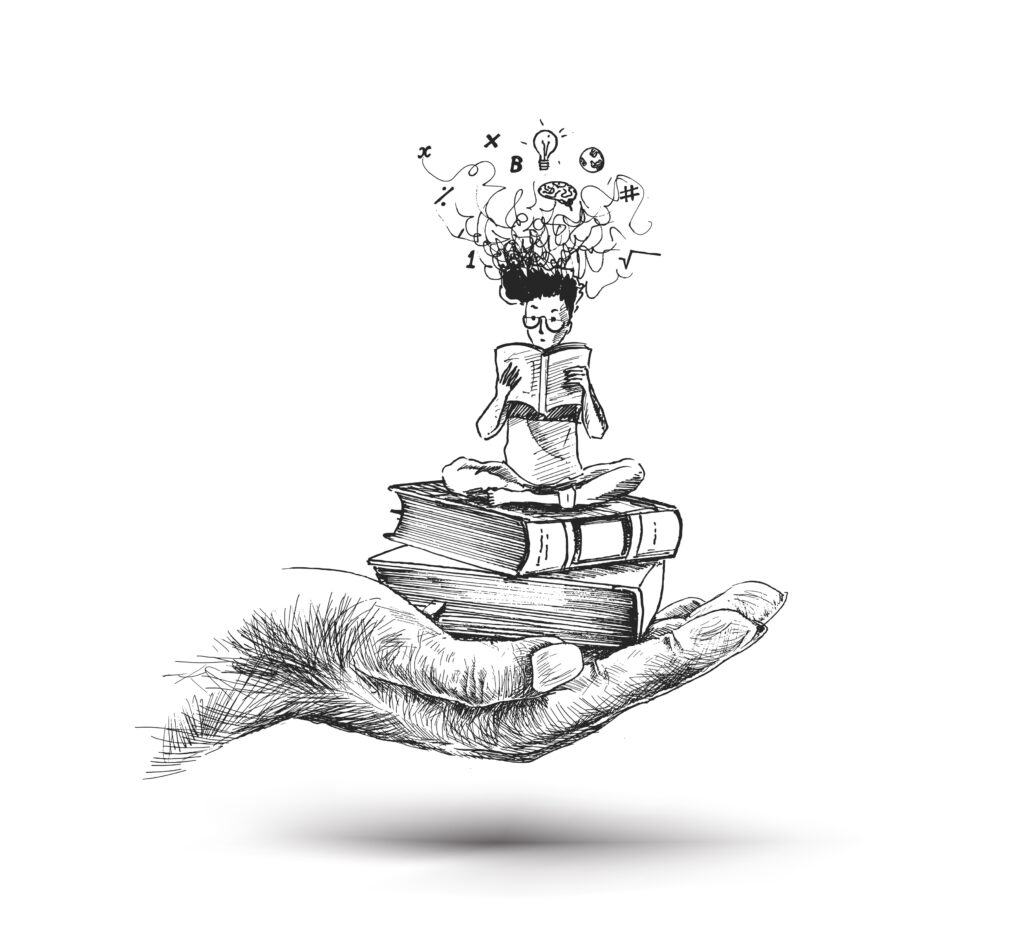
The issues of skill gaps and brainwashing among Indian college students are complex and multifaceted, and it’s important to approach them with nuance and an understanding of the broader context. Let’s explore each of these topics separately:
- Skill Gap: A skill gap refers to a mismatch between the skills possessed by individuals and the skills required by employers or the industry. In the context of Indian college students, there are concerns about the relevance of the education system in preparing students for the job market. Some key factors contributing to the skill gap include:
a. Outdated Curriculum: The curriculum in some institutions may not be aligned with the evolving needs of the industry. Rapid advancements in technology and changes in the job market require a continuous update of educational programs to ensure students acquire relevant skills.
b. Lack of Practical Exposure: The emphasis on theoretical learning over practical application can contribute to a gap between the skills students acquire in college and the skills needed in the workplace. Insufficient opportunities for internships, industry collaborations, and hands-on experiences can exacerbate this issue.
c. Limited Soft Skills Development: While technical skills are important, soft skills such as communication, teamwork, critical thinking, and problem-solving are equally crucial for career success. Inadequate focus on developing these skills in the education system can lead to a skill gap.
Addressing the skill gap requires collaborative efforts from educational institutions, industry stakeholders, and policymakers. Encouraging industry-academia partnerships, updating curricula to reflect current industry requirements, and incorporating experiential learning can help bridge the gap.
- Brainwashing: The term “brainwashing” typically refers to the manipulation of an individual’s thoughts, beliefs, or behavior through coercive or manipulative techniques. It is essential to approach this topic with caution and recognize that it can be subjective and highly contextual. While there may be instances where individuals are subjected to undue influence or indoctrination, it would be incorrect to generalize this phenomenon to all Indian college students.
Education plays a significant role in shaping an individual’s worldview and beliefs. However, it is crucial to foster an environment that encourages critical thinking, independent thought, and open dialogue within educational institutions. Students should be encouraged to question, analyze, and form their own opinions based on evidence and rational thinking.
It’s important to distinguish between healthy intellectual discourse and indoctrination. Academic institutions should promote diverse perspectives, encourage intellectual curiosity, and provide a platform for students to engage in respectful debates and discussions.
Additionally, media literacy, critical thinking skills, and exposure to a wide range of perspectives can help students develop the ability to discern information, question assumptions, and make informed decisions.
In conclusion, addressing the skill gap in Indian college students requires reforms in curriculum, emphasis on practical learning, and the development of soft skills. When it comes to brainwashing, promoting critical thinking, intellectual diversity, and media literacy are essential to foster an environment that encourages independent thought and informed decision-making.
